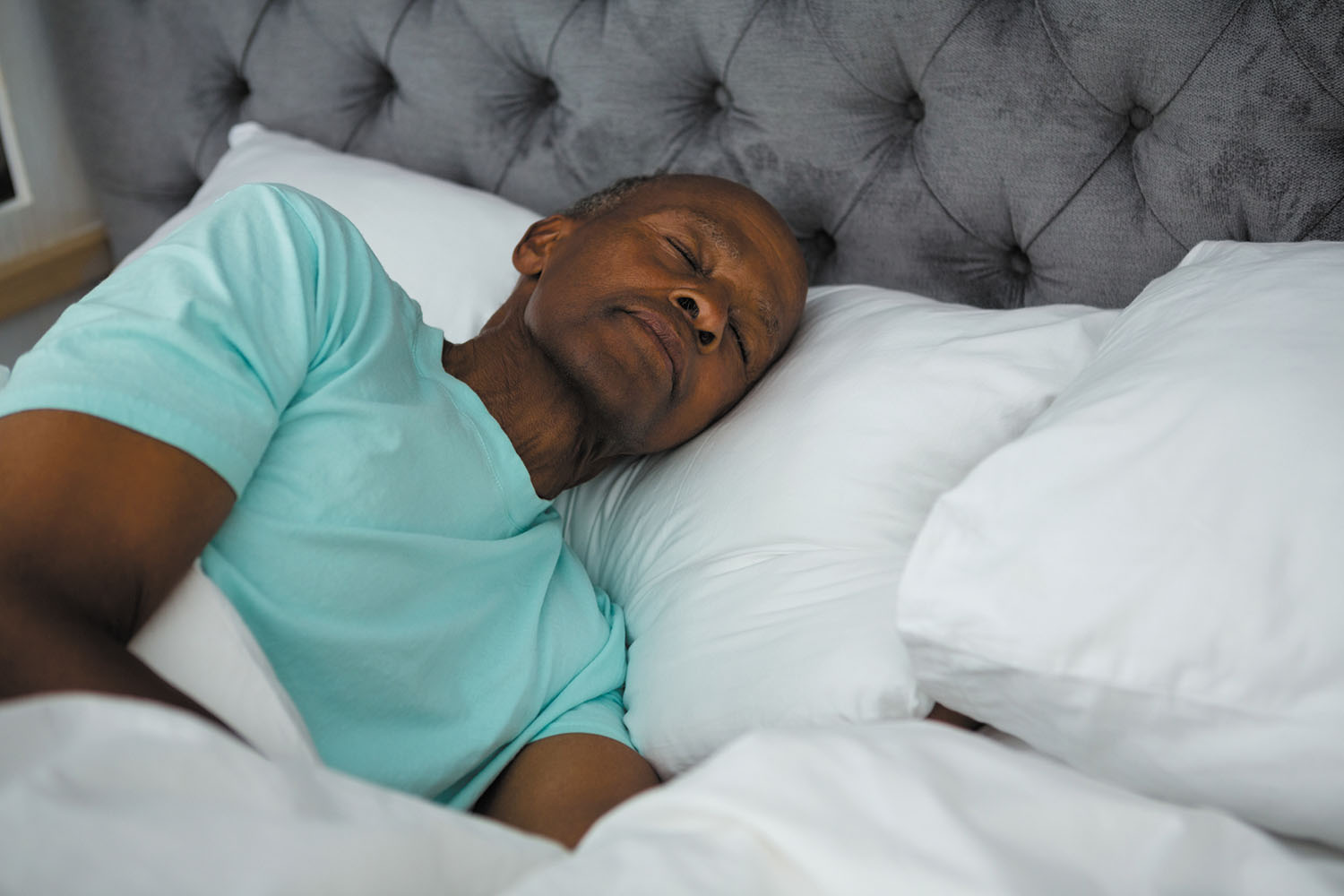Scientists confirmed this during the experiment and explained the reason. Lack of sleep is bad for your health and productivity. You’ve probably heard this many times. But can you feel that your abilities have deteriorated? It turns out not.
In 2004, an interesting experiment was conducted at the University of Pennsylvania School of Medicine in Philadelphia to prove this. In research, sleep deprivation involved 48 adults. Some of them had their sleep reduced for two weeks to four, six, or eight hours. Others did not sleep for two days.
All this time, the laboratory tested the subjects’ state every two hours (except the hours allotted for sleep) and checked the cognitive functions and reaction time. The participants were also asked how they themselves assess their condition, how sleepy they feel.
Read also: How to Help Children Stop Having Trouble Sleeping
Why six hours of sleep isn’t enough
As you can imagine, subjects who slept eight hours a day had the best cognitive performance. People who slept four hours a day were getting worse and worse every day.
And those who slept for six hours kept their intelligence at a high level until about the tenth day of the experiment. But in the past few days, these subjects performed the test tasks as poorly as people deprived of sleep at all.
It turns out that, resting for only six hours, you act as badly as people who have not closed their eyes for two days in a row.
One of the most impressive findings from the study is that people who slept for six hours did not feel sleepy. They didn’t even know how much their results had deteriorated.
Sleep-deprived people felt more and more sleepy and talked about it. At the end of the experiment, they wanted to sleep twice as much as at the beginning. But after six hours of sleep, the subjects felt only slightly sleepy. However, their cognitive activity indicators did not differ significantly from those of those who were not sleeping.
This discovery raises an important question: How can people cope with a lack of sleep if they don’t even realize they are?

We don’t know how much we really sleep.
A study at the University of Chicago has shown that people often overestimate the amount of sleep as they underestimate it. Another study showed that people overestimate sleep time by an average of 0.8 hours. So if you think you slept for seven hours, it is possible that you actually only slept for six hours.
It turns out that no one can say exactly how much he sleeps and when he will get enough sleep. Everyone believes that they sleep more than they actually do.
Determining how much you sleep is not as easy as it sounds. But some common tips will definitely help you sleep better:
- Go to bed at the same time.
- Do not use gadgets for half an hour before bedtime.
- Don’t drink alcohol.
- Add physical activity throughout the day.
Also read: 4 Sleep Modes to Get Enough Sleep in Just a Few Hours
Another piece of advice that is less common: to sleep better, you need to lose weight. According to obesity and sleep From the US National Sleep Foundation, there is a direct link between insomnia and obesity.
Other causes of sleep disturbances are physical and mental problems. Even stress and a bad mood can negatively affect sleep. Yes, calculating sleep deprivation is difficult. But you can try to increase its quantity and quality and, as a result, increase your productivity.
Adapted and translated by Wiki Avenue Staff
Sources: Life hacker






